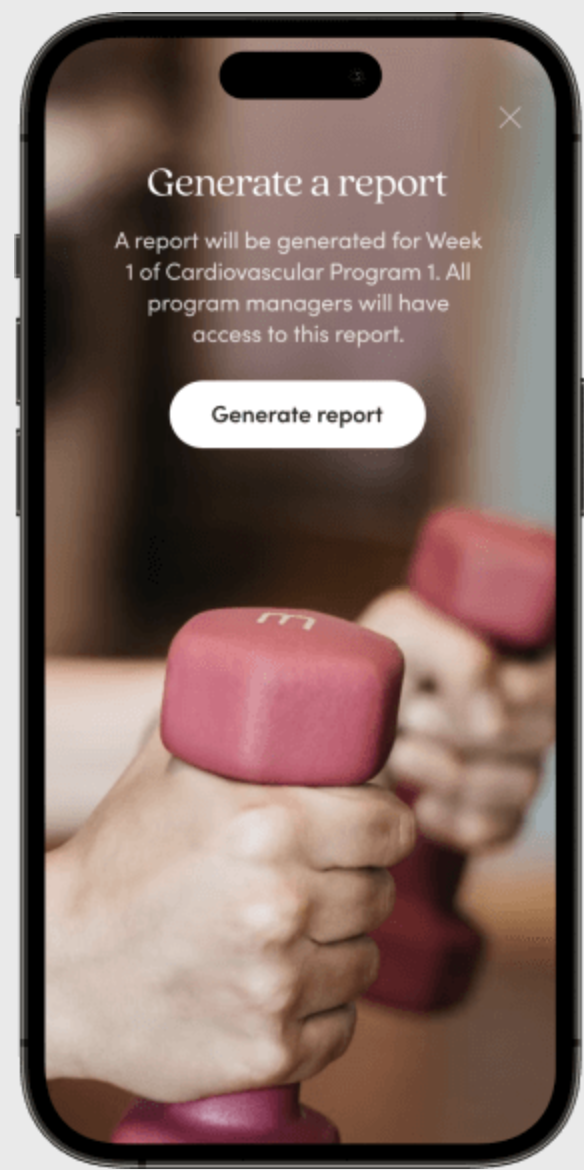Half of all patients treated for cancer will undergo radiation therapy, but what helps with the side effects?
A Cochrane Review, that’s a systematic review of health research, was conducted of exercise interventions for adults being treated with radiation alone for their cancer. This review excluded people who also had chemotherapy, immunotherapy or hormone therapy.
The purpose was to learn whether exercise could help with side effects like: fatigue, weight management, depression or improve measures like quality of life and physical performance. These side effects of radiation treatment can lead to people becoming less physically active, experiencing reductions in physical performance or quality of life.
The good news
There is evidence that people with cancer who exercise may reduce their chances of dying from cancer or from other causes. They may also decrease their chance of the cancer returning and they may have fewer unwanted effects of cancer treatment.
Of the three studies eligible for inclusion, of people with breast or prostate cancer, participants exercised 3-5 times per week for 8 weeks. Interventions included a warm-up, aerobic exercise, and cool-down.
Comparing the participants receiving the exercise intervention with the one that did not (the control) it was not to compare the change in outcome values from before to after radiotherapy because the studies did not provide enough information for this comparison. There were only a small number of studies eligible for inclusion. In two studies the participants knew which group they were in, meaning the trial was not randomised and this could affect the result.
Still more to learn
Overall, the measurement was not sufficient, or consistent enough, to answer whether or not exercise helps with the side effects of radiotherapy. The authors of the Cochrane Review point to a need for further research to answer their questions.
“It is expensive and difficult to run randomised controlled trials, and the evidence is mounting for the benefits being physically active offers to cancer survivors, so it may be inappropriate to set up a non-exercising control group,” said SportHealthTech CEO, Bastien Wallace.
“By making data collection and comparison easier, SportPrescriptions can enable more people to be measured consistently, and followed up for longer,” said Bastien.
This could make it easier and cheaper to conduct case-controlled or cohort studies. These formats are a better choice to use when it is unfair or not feasible to use a control group.
“We’re committed to developing ways for researchers to learn what works, so that the lives of people with cancer an be improved,” said Bastien.

